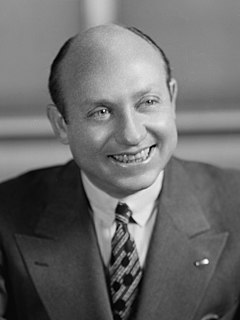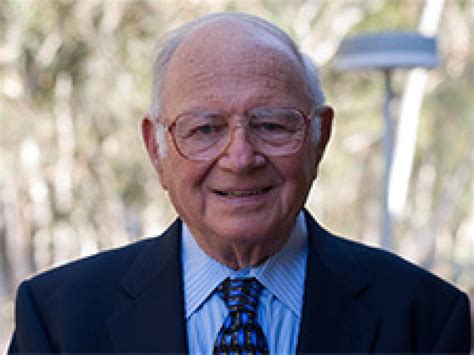A Quote by Ronald Reagan
Meanwhile, what about the workers in those state monopolies that are being put up for sale? I am reminded of a technique for employee ownership that has worked well for many U.S. companies. It goes by various names, but the best known is "Employee Stock Ownership Program," or ESOP.
Related Quotes
One of the proven ways of getting workers more involved with their jobs is by dovetailing employee profit-sharing and stock ownership plans with greater responsibility sharing... Trade unions in this country should... consider these arrangements much more carefully than they have up to now... Expanded employee profit participation and stock ownership would provide workers with a greater measure of economic and social independence, thus stimulating increased productivity.
In the 80s, Ford's successful introduction of the Taurus was, in large part, due to productivity gains resulting from the setting aside of outmoded work rules. Yet, inexplicably, union leaders ignored such efforts to foster employee involvement, much as unions largely stayed on the sidelines with regard to the equally promising practices of employee stock ownership and gain-sharing.
We've been following many forms of democratized ownership, starting with co-ops, land banks at the neighborhood level, municipal ownership and state ownership of banks - there's a whole series of these that attempt to fill the small-scale infrastructure that can build up to a larger theoretical vision.
The failure of unions to support efforts to increase employee involvement and ownership coincided with their unwillingness to speak out on the broader issues of business effectiveness and performance. When foreign competitors threatened the survival of American manufacturers, unions chose to voice traditional employee demands for higher wages, better benefits, and more security. What they failed to provide were effective responses to the challenge of globalization.
I think companies over the last 10 years have done a very bad job of explaining to their employees what the intrinsic risks are. All I know is, if you wait until you let the employee go to deal with the issue of how do you communicate to the employee about being let go, it's too late to do anything.
Many of the deficiencies of our economic system could be alleviated if ways were found to broaden the ownership of the means of production... This has happened in some companies through ESOPs. Successful approaches of this sort would pay dividends in terms of employee commitment and morale. And they would not deprive anyone of his present holdings since they are based on future growth.






























